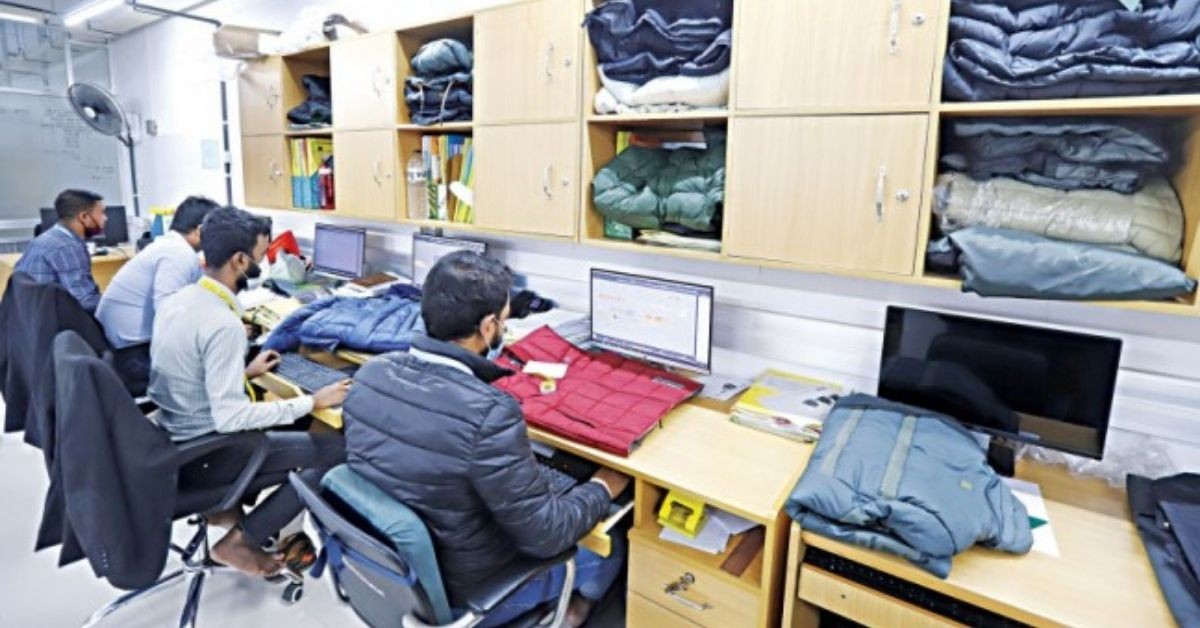The central bank yesterday allowed “Type-B” companies in export processing zones (EPZs) to enjoy foreign currency loans from an export development fund (EDF).
A good number of companies in the EPZs have been facing a slowdown in business over the past couple of months due to the coronavirus pandemic, which has played a role in the “Type-B” companies being made eligible for the EDF loans, said a central bank official.
There are three types of companies in the EPZs, namely A, B and C.
Firms with 100 per cent foreign ownership are considered “Type-A”. Joint venture companies with foreign and Bangladeshi ownerships are treated “Type-B” and those with 100 per cent Bangladeshi ownerships “Type-C”.
Several years ago the central bank allowed “Type-C” companies to enjoy loans from the EDF.
The eligible companies can use the fund to settle back-to-back letters of credit, which helps them smoothly procure industrial raw materials.
This will ultimately help them produce items for export on time.
A company, which is a member of the Bangladesh Garment Manufacturers and Exporters Association (BGMEA), will be permitted to avail a maximum of $25 million from the EDF.
Those which are not members can avail $15 million each. Though the loan had to be paid back within three months from the date of disbursement, the central bank recently increased the repayment tenure to six months, given the business slowdown caused by the pandemic.
The extended repayment tenure will stay in effect until June this year.
Bangladesh Bank earlier brought down the interest rate on the EDF to help exporters recover from the economic impact of Covid-19 as well.
Banks now receive the fund from the central bank at 0.75 per cent interest rate and will be allowed to charge borrowers a maximum 1.75 per cent in interest, it said.
The previous rate was 2 per cent.
In April last year, the central bank also increased the EDF’s volume to $5 billion from the previous $3.50 billion as a part of the government’s ongoing efforts to boost exports.
“This will help the exporters, who are facing a range of crisis due to the pandemic,” said Kutubuddin Ahmed, chairman and founder of Envoy Group, a conglomerate focusing on readymade garments and textile manufacturing.
But the central bank should cautiously monitor the use of the fund such that eligible companies get the foreign currency loans on time, he said.
“If required, the central bank should increase the volume of the fund further in the interest of the economy,” he said.
The revolving fund was introduced at just $100 million in 2006. The central bank gradually increased the fund’s volume due to rising demand and swelling foreign exchange reserves, which is now more than $43 billion.
Source : The Daily Star








